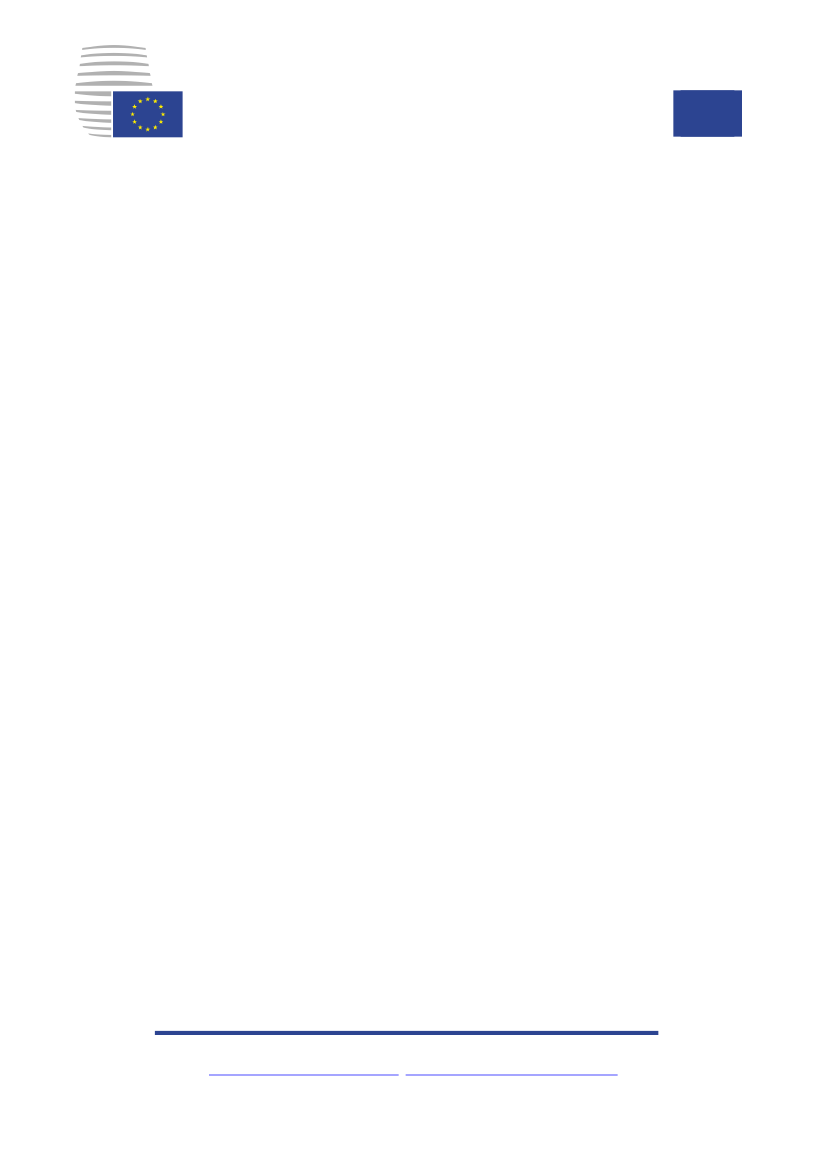
Council of the
European Union
8084/15
(OR. en)
EN
PRESSE 27
PR CO 19
OUTCOME OF THE COUNCIL MEETING
3382nd Council meeting
Foreign Affairs
Luxembourg, 20 April 2015
President
Federica Mogherini
High Representative for Foreign Affairs and Security
Policy
PRESS
Rue de la Loi 175 B – 1048 BRUSSELS Tel.: +32 (0)2 281 6319 Fax: +32 (0)2 281 8026
[email protected] http://www.consilium.europa.eu/press
8084/15
1
EN